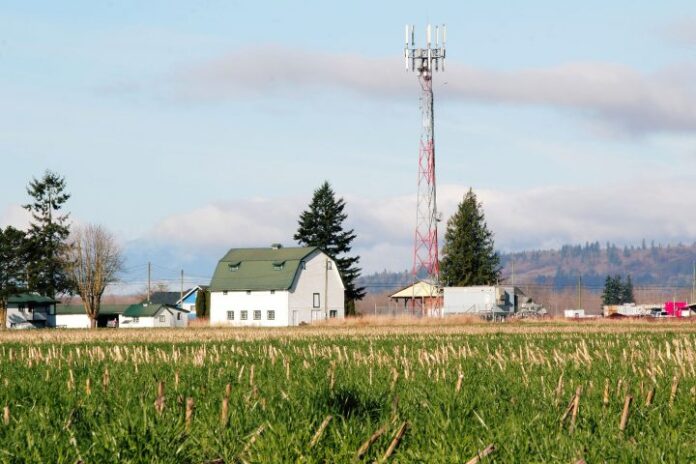Federal subsidy expansion gets FCC nod to include rural broadband Internet for low-income Americans
WASHINGTON – The Federal Communications Commission appears set to go ahead with plans to offer $1.7 billion in subsidies to connect poor Americans to the Internet.
On June 18, the FCC voted along party lines to initiate a “Second Further Notice of Proposed Rulemaking” to update the Lifeline program.
Lifeline was started under the Reagan administration and is aimed at providing phone service to low-income and rural Americans at an affordable rate. The new FCC proposal intends to update the program to also provide affordable broadband connections. The plan has received widespread praise from Democrats and much hostility from Republicans.
U.S. Sen. Cory Booker (D-N.J.) introduced the legislation expanding Lifeline to include broadband: “In a world that is more and more interconnected, Internet access has become a necessity for social and economic well-being. We must work to ensure everyone has a chance to access the opportunities this technology provides.”
Despite the consensus that phone lines are no longer an adequate means to stay connected in the 21st century, Republicans are opposed to the measure because they believe it to be a buffet for fraud.
Statements from senior Republicans have reiterated the need for strict oversight. Michael O’Rielly, one of the commission’s two Republican commissioners, said at the time of the vote: “Adequate controls and deterrents against waste, fraud and abuse should be in place before considering expanding the program to broadband.”
This echoed a candid statement made by Senate Commerce Committee Chairman John Thune (R-S.D.): “Lifeline obviously is kind of a controversial program and one that doesn’t enjoy a lot of support up here, at least from Republicans. An expansion of the program is probably not something there’s going to be a lot of support for.”
It has been noted by many, including FCC Chairman Tom Wheeler, that Lifeline is a long-standing Republican program that began as a way to provide low-income individuals a way to conduct job interviews over the phone, thus prompting them to move from welfare programs into the work force.
“I am befuddled at how this Republican program has suddenly become so partisan,” Wheeler said in response to the dissent, “but I am proud to cast my vote with the majority.” With the proposal passed, the Commission will begin to examine the feasibility of implementation.
In a rare reversal of position, two of the nation’s largest telecom associations have come out in favor of the Lifeline program. CTIA and the Competitive Carriers Association are normally more likely to back pro-business, less-regulation Republican policies. However, both CTIA and CCA have issued statements supportive of expanding Lifeline to included broadband.

